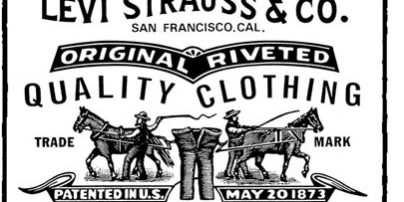V&R Chapter 5 proposes Scheler’s estate as the norm of business ethics. I put forward Brunello Cucinelli (http://www.libertylawsite.org/2016/03/23/a-better-account-of-corporate-social-responsibility/) as an ideal of the estate with Patagonia as a modified runner-up (and then downgraded on learning more about its business model: http://www.ethicsoffashion.com/patagonia-actually-moral/). Levi’s has a thoughtful leadership (https://www.fastcompany.com/3067895/moving-the-needle/levis-is-radically-redefining-sustainability) and connects with Scheler at a few points.
I’d invite you to read V&R Chapter 5 for the reasoning but Scheler’s estate is the claim that the identity of a business must defer to the values of tradition, community, moderated consumption and profit seeking, and love of the work itself. Paul Dillinger, a design chief at Levi’s, speaks of too many fashion brands creating “false appetite” by pushing radical oscillations in silhouette. By contrast, Levi’s tries to hew close to archetypal shapes (the legendary 501 being an example) with the hope of making clothes “worth really loving.” The hope being that desire will rest contentedly in the loved object. This arresting of desire will mean loyalty to the item, the brand, and the land.
I do not know enough about Levi’s production to know whether they meet many of Scheler’s ethical requirements but this account of desire is both interesting and worthy.






